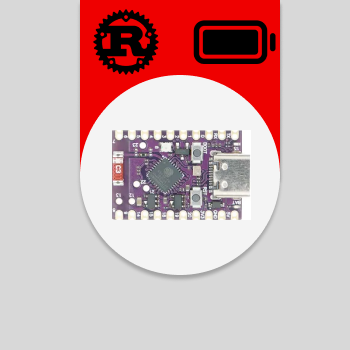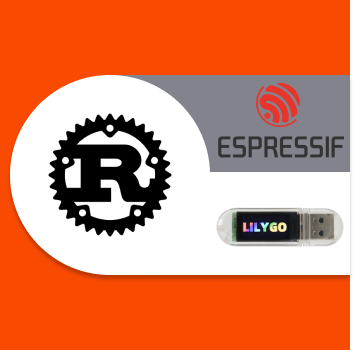In the future, I want to start building battery powered projects, so understanding power consumption becomes critical. In this post, I will explore deep sleep power consumption on the ESP32-C6 board using Rust with Embassy and Esp-hal. Beyond simply putting the board to sleep, I’ll also examine the key factors that affect deep sleep current on this board, such as providing the correct voltage to the battery pin.



